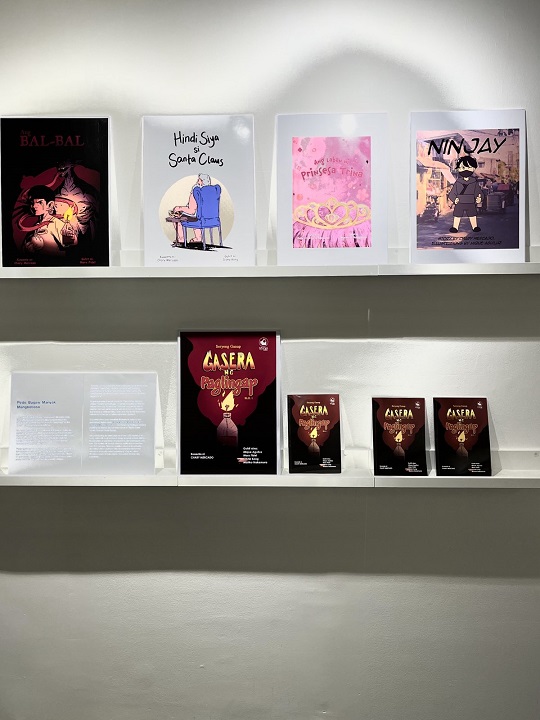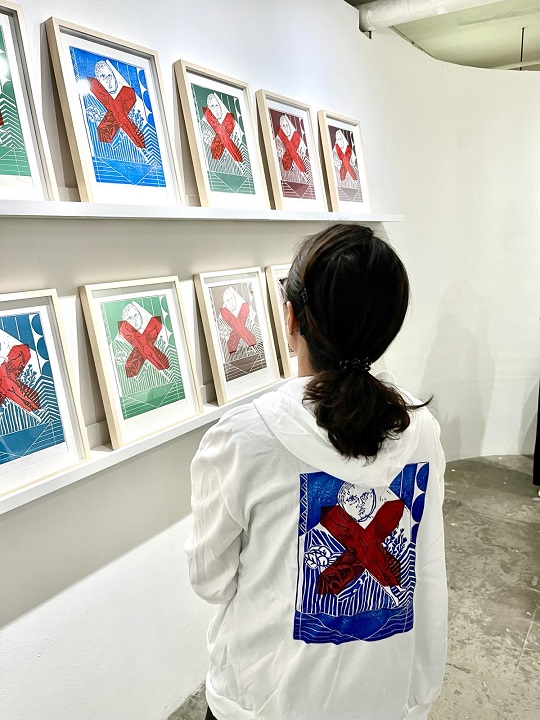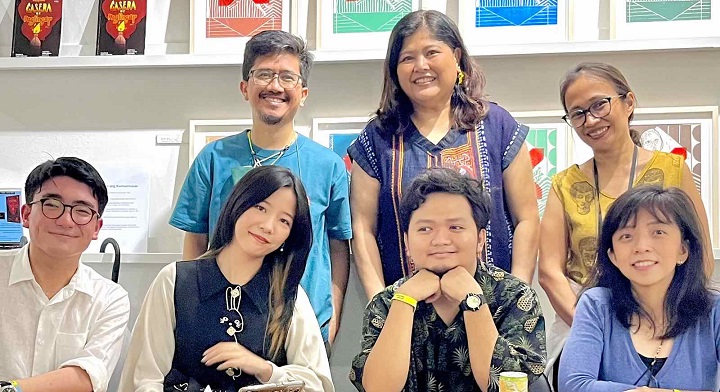Pedo. Bugaw. Manyak. Mangboboso
Ideally, innocent children should not need to know these hideous terms. The Philippines, however, is identified by international law enforcement agencies and NGOs as the “global hub” for live streaming of sexual abuse on children.
Online sexual exploitation of children (OSEC) surged during the pandemic when many Filipinos lost their jobs. Tech companies reported more than 1.29 million images and videos of child abuse materials were produced in the country in 2020 – triple the number in 2019. Most of the images were coursed through facebook or through gaming apps.
These figures do not include sexual predators who are not online but instead live near the children – in the same community or even in the same home. UNICEF reports three out of five Filipino children are being physically and psychologically abused, bullied, and almost one in five children being sexually violated.

“Children do not understand what constitutes sexual abuse in the first place,” said Chary Mercado, former Smart Parenting columnist, and children’s rights advocate. “Many times, the predators are people the children already trust, which makes it a bigger crime.”
To give examples of sexual predators’ many forms, Mercado created “Gasera ng Paglingap,” a series of Tagalog comics for children from 5 to 15 years old. Told from the point of view of children who have either experienced sex abuse or witnessed their friends or relatives falling victim to it, the stories encourage children to be heroes by calling authorities’ attention.
The comics have been beautifully illustrated in color by four professional digital artists: Mique Aguiluz, Mark Fidel, Dione Kong and Mariko Nakamura. The Gasera ng Paglingap series is published by Istorya, the education thrust of famed Filipino artists Marina Cruz and Rodel Tapaya.

Istorya is funding the initial print run of over 1000 copies of the book, which will be given free of charge to public school children. Sponsorships or donations are needed to print subsequent print runs. The comics will be read aloud to the children by public school teachers and NGO workers. Given the sensitive nature of the material, storytellers will be equipped with demonstration videos and answers to frequently asked questions (FAQs), as well as directions on how to help anyone who comes forward with complaints.

